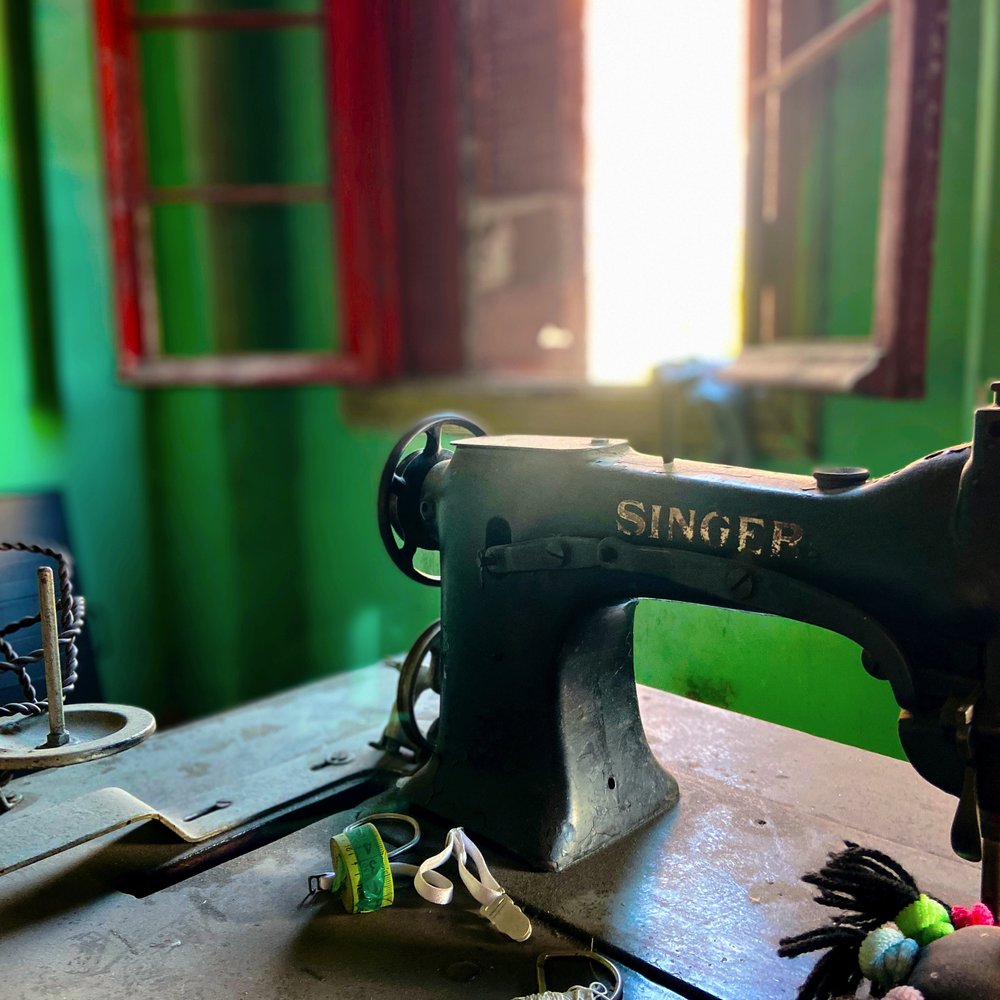Masking Misery: The COVID-19 pandemic and migrant workers in São Paulo's fashion industry

Shutterstock (purchased)
My biggest difficulty was that I had no job, because we come here with a dream and with COVID everything was locked down, the debts have increased and there's no consideration from some house owners.
Fashion is one of the industries worst hit by the COVID-19 pandemic. Crisis-caused losses have been on a global scale, impacting the lives of workers across the supply chain, with workers from marginalised groups most affected. The situation is no different in Brazil, where the pandemic continues to expose and exacerbate systemic inequalities and leaves workers facing a humanitarian crisis over their livelihoods. This report analyses how the pandemic is affecting one of the most vulnerable groups in São Paulo’s fashion supply chain: migrant workers.
Between 21 July and 16 September 2020, Business & Human Rights Resource Centre surveyed 146 migrant workers in São Paulo’s fashion industry, living in the capital and surrounding metropolitan area. The survey sought to understand how workers were impacted by the pandemic. In establishing a demographic, we identified the typical profile of a migrant worker employed in sewing and embroidery in São Paulo, most of whom are Bolivian women. Within this demographic, we investigated issues related to: the impact of COVID-19; the flow of and demand for labour; the impact on the price of manufactured products; the impact of the pandemic on mental health, well-being and familial relationships; and the greatest challenges encountered during the period.
Key findings:
- Over three quarters of interviewees (78%) reported a decrease in the price of the products they make
- Almost nine in 10 respondents (87%) felt a drastic change in their income during the pandemic
- Six in 10 respondents (61%) had difficulty accessing food during the pandemic and one in five (22%) reported difficulty paying bills and avoiding debt.